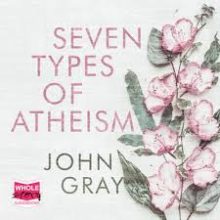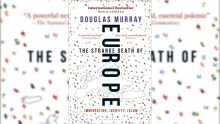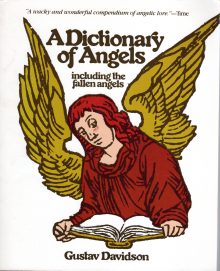What Science Is Not
The following is a continuing review of John Gray’s recent publication Seven Types of Atheism. Social evolution is an exceptionally bad idea. But bad ideas rarely evolve into better ones. Instead they mutate, and reproduce themselves in new guises. John Gray In the chapter “A Strange Faith in Science,” from John Gray’s Seven Type of Atheism, he tells of a collection of books under the name “The Thinker’s Library,” published by the Rationalist Press Association in…







